Crisis for Biden’s chaotic foreign policy
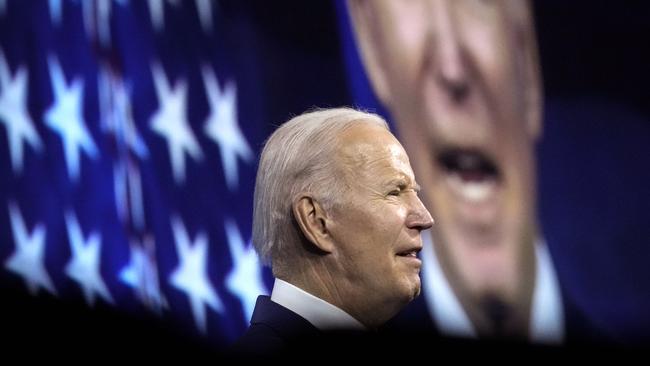
Not all the administration’s ideas have been discredited by events. Joe Biden was right, and Donald Trump was wrong, to see the North Atlantic Treaty Organisation and democratic values as important elements in American foreign policy. NATO’s response to the Russian aggression in Ukraine was faster and more far-reaching than Moscow expected. And as Russia’s assault on Ukraine continues, the bravery and democratic values of Ukraine’s defenders remind hundreds of millions of people how important democracy is and how squalid and brutal authoritarian kleptocracies can become.
Undeterred by sanctions
These successes, however welcome, are both insufficient and incomplete. Inspiring as NATO’s reaction has been, neither the prospect nor the reality of Western sanctions has affected Russia’s conduct of the war. Undeterred by sanctions, Russian forces continue to hammer Ukrainian defences, with Sunday’s strike on a facility in western Ukraine used for the transshipment of Western weapons signalling a Russian willingness to escalate its challenge to NATO. For now, the Russian government seems capable of handling the domestic political fallout from the botched invasion with a mix of censorship and repression. And the Biden administration, which already has had to toughen its Russia policies thanks to bipartisan pressure from Congress, risks politically damaging fights as hawks criticize its reluctance to impose a no-fly zone or support the transfer of Soviet-era Polish jets to the hard-pressed Ukrainian air force.
Biden’s vain efforts
Worse, the administration’s approach to great-power diplomacy has comprehensively failed. After a year of vain efforts to “park Russia” or to pry it away from China, the administration is trying the same strategy in reverse, now hoping to peel China from Russia. We shall see if national security adviser Jake Sullivan’s meetings this week in Rome lead to Chinese co-operation with the Western anti-Russia campaign, but Beijing won’t help Mr. Biden out of the goodness of its heart.
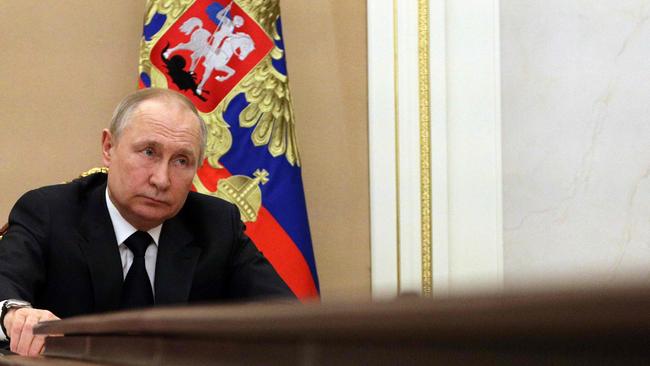
The Biden administration’s hope that it could pursue its interests in “global issues” like disarmament, human rights and climate change even as it turned up the economic and ideological heat on the two Eurasian great powers has also proved illusory. Between the Russian invasion of Ukraine and China’s massive nuclear and conventional arms build-up, hopes for arms control are fading. Russia’s demands that the proposed agreement on Iran’s nuclear program be revised to protect Moscow’s participation in the accord from Ukraine-related sanctions underline the difficulty of simultaneously confronting and engaging revisionist anti-American powers.
Mr. Biden’s climate agenda has collapsed into utter incoherence. As the administration frantically hunts for oil and gas worldwide, it is throwing both climate and human-rights scruples overboard — so far, to little effect.
Efforts to cultivate the Maduro dictatorship in Venezuela have produced blowback in Congress. Saudi Arabia demonstrated its contempt for Team Biden by following its rejection of the administration’s plea to pump more oil with the largest mass execution in its history.
Not to be outdone, Iran launched a series of missile attacks on what it claimed were Israeli targets in the Kurdish region of Iraq. China capped a disastrous climate weekend by announcing plans to expand domestic coal mining by 300 million tons a year and to build a 620-million-ton coal reserve.
Economic disarray
Meanwhile as inflation corrodes the administration’s standing at home, the continuing effects of a resilient pandemic interact with U.S.-China tensions and the war in Ukraine to destabilise the world economy. With major Chinese cities and transportation hubs closed because of Omicron fears and new cases in Germany hitting record levels, the pandemic continues to stoke inflationary pressures.
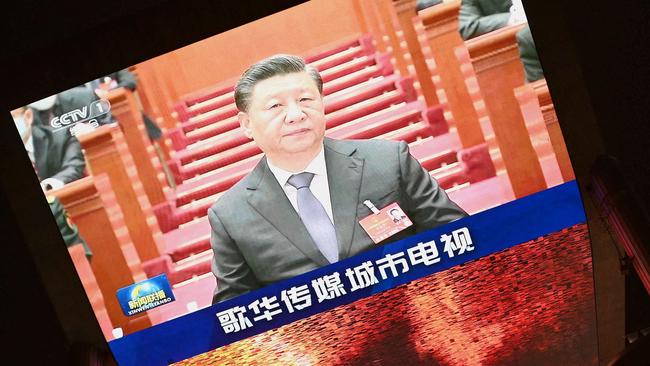
The rippling consequences of Russia sanctions — and of Russian retaliation — help fuel commodity price inflation while increasing financial uncertainty. Economic disarray seems likely to narrow the administration’s overseas options further in coming months while undermining its political position as midterms approach.
The world is a tough place. Geopolitics rule, and if you get power politics wrong, the rest doesn’t matter. Our ability to influence the behaviour of others on issues like human rights and climate change depends on our geopolitical power much more than on the purity of our hearts and the nobility of our goals. America and its democratic allies, even at their best, are not strong and united enough to handle the world’s geopolitical challenges without enlisting the help of non-democratic and even anti-democratic partners. We can’t do that while simultaneously virtue-signalling about how much we loathe them, and their help comes at a price that must be paid on time and in full.
The fate of the Biden administration and much else rests on how quickly it masters these truths.
Wall Street Journal


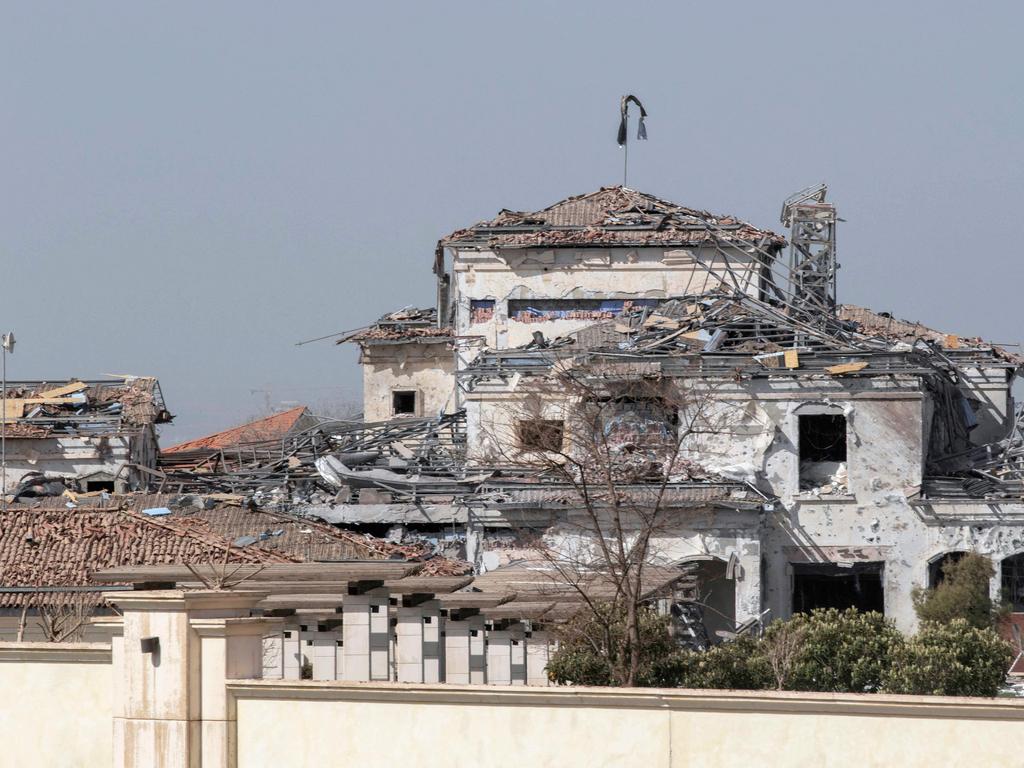

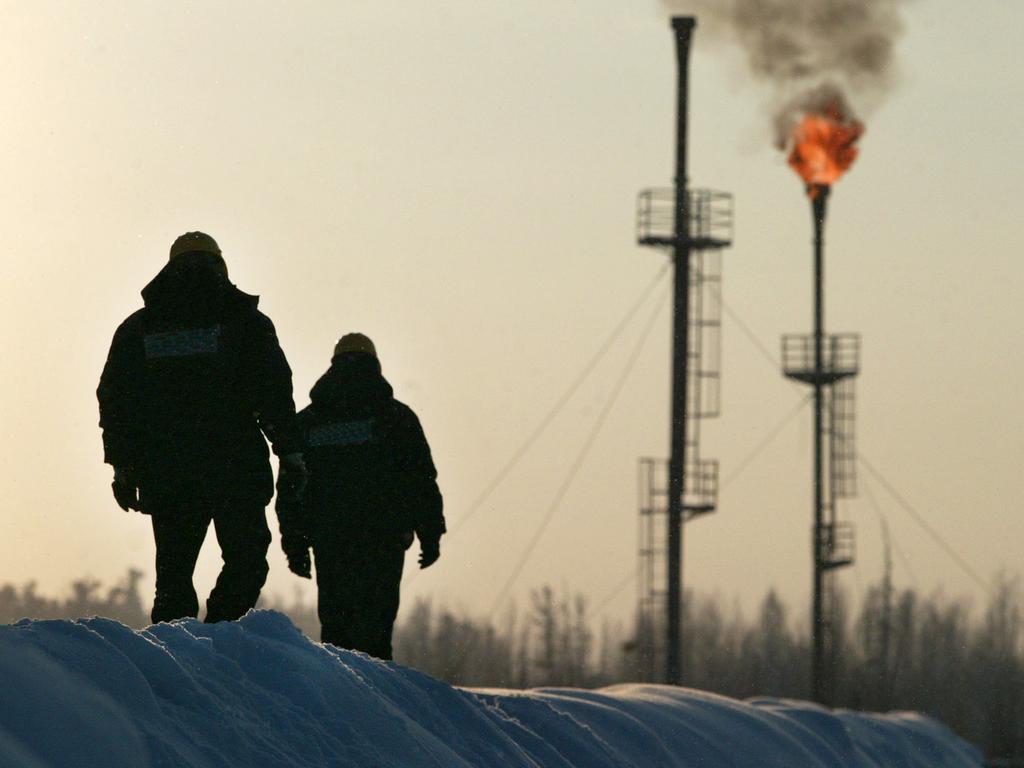

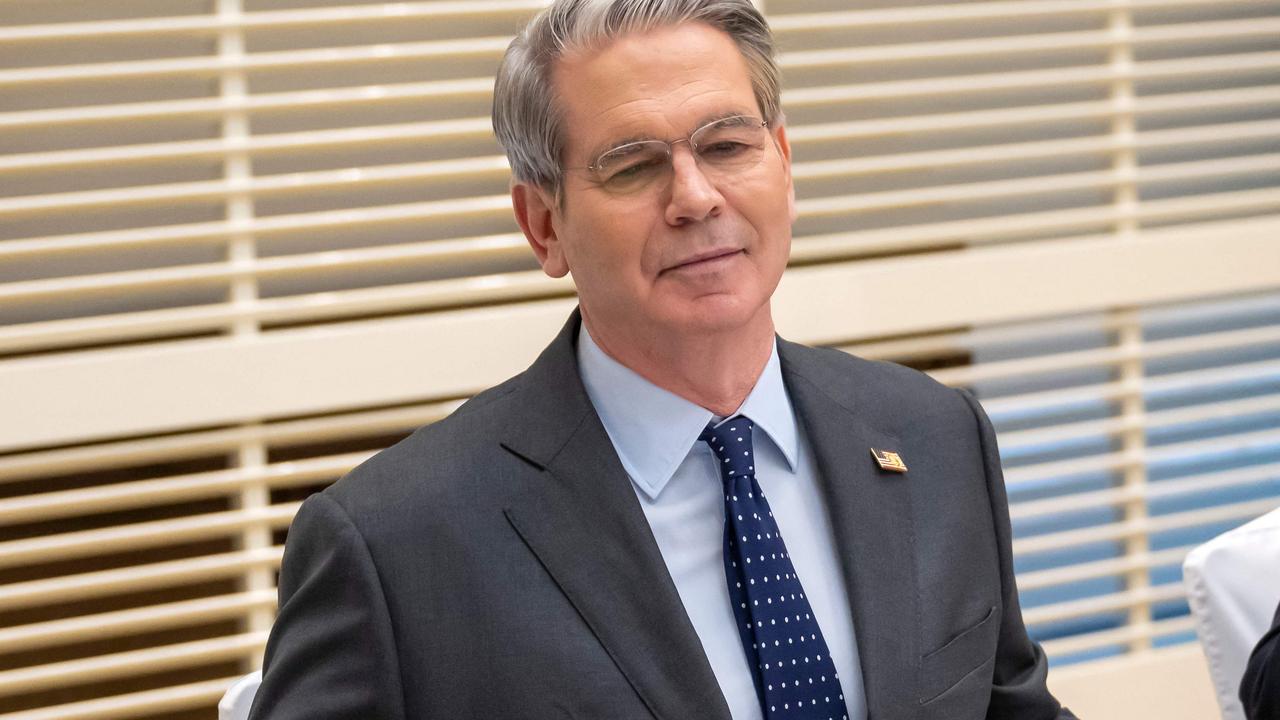
The Biden administration’s foreign policy has entered a deep and possibly transformative crisis. Most, though not all, of the ideas Team Biden brought to the White House failed to work. But most, though not all, of the changes American foreign policy requires will be toxic to much of the Democratic base.